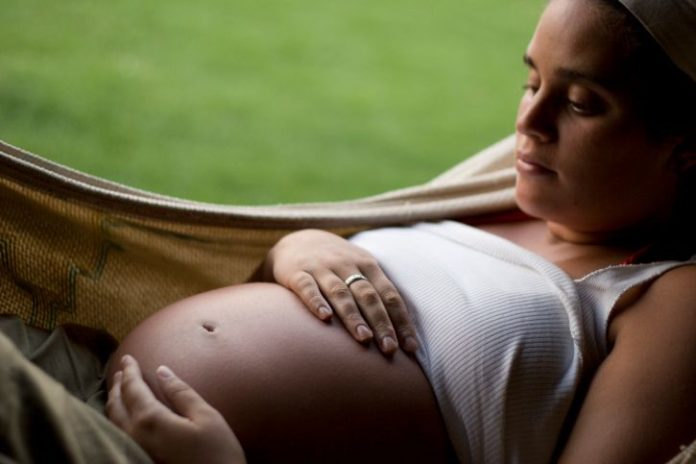The more physical health problems women experience during early pregnancy, the more likely they are to suffer from depression, a study by Murdoch Childrens Research Institute has revealed.
The study, which involved over 1500 pregnant women, found women who reported five or more physical health problems during early pregnancy had a three-fold increase in the likelihood of reporting depressive symptoms and this risk remained after accounting for socio demographic factors, including maternal age.
Researchers found nine per cent of women reported depressive symptoms in early pregnancy. The study shows over one quarter of women experienced five or more physical health problems (27%), while 68% of women reported experiencing three or more physical health problems during early pregnancy.
The five most commonly reported physical health problems were exhaustion (86.9%), morning sickness (64.3%), back pain (45.6%), constipation (43.5%) and severe headaches or migraines (29.5%).
The biggest change was reported for extreme tiredness and exhaustion, which was experienced by 29% of women in the 12 months before pregnancy and 87% of women in early pregnancy. There were also considerable increases in the prevalence of back pain (35% increased to 45%) and constipation (19% increased to 43%).
The study showed that urinary incontinence, back pain, tiredness and pelvic pain in early pregnancy were each associated with around a two-fold increase in odds of depression. Other physical health problems that were associated with significantly raised odds of depressive symptoms in early pregnancy were constipation, faecal incontinence, frequent colds, and severe headaches or migraines.
Lead researcher, A/Professor Stephanie Brown said the study highlights the need for women’s physical and psychosocial health to be a fundamental part of antenatal care.
“There is increasing recognition of early life determinants of health across the life course. Current systems of antenatal care in countries such as Australia and the UK give priority to screening for relatively rare, serious complications of pregnancy. In this context, it is very easy for common physical and psychological health problems affecting the mother and her unborn child, to be overlooked.”
“The evidence from our study of the extent of co-morbid physical and psychological health problems underlines the need for comprehensive primary health care as an integral component of antenatal care.”










